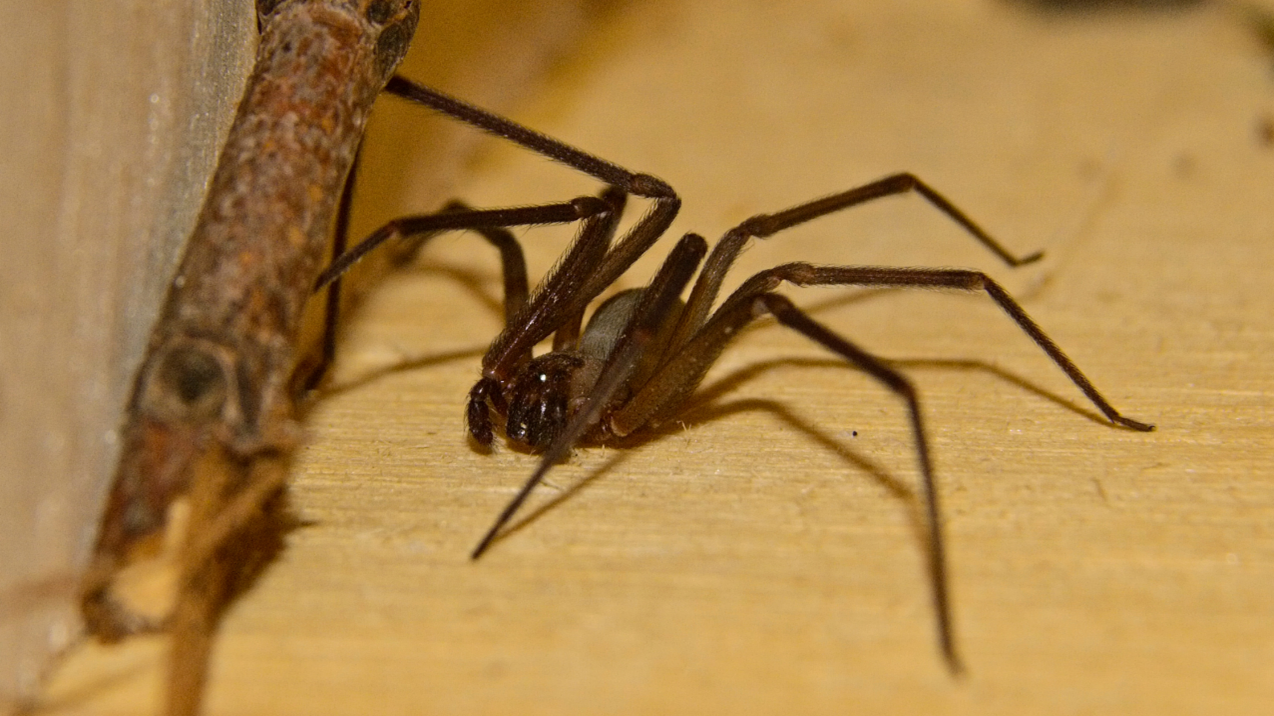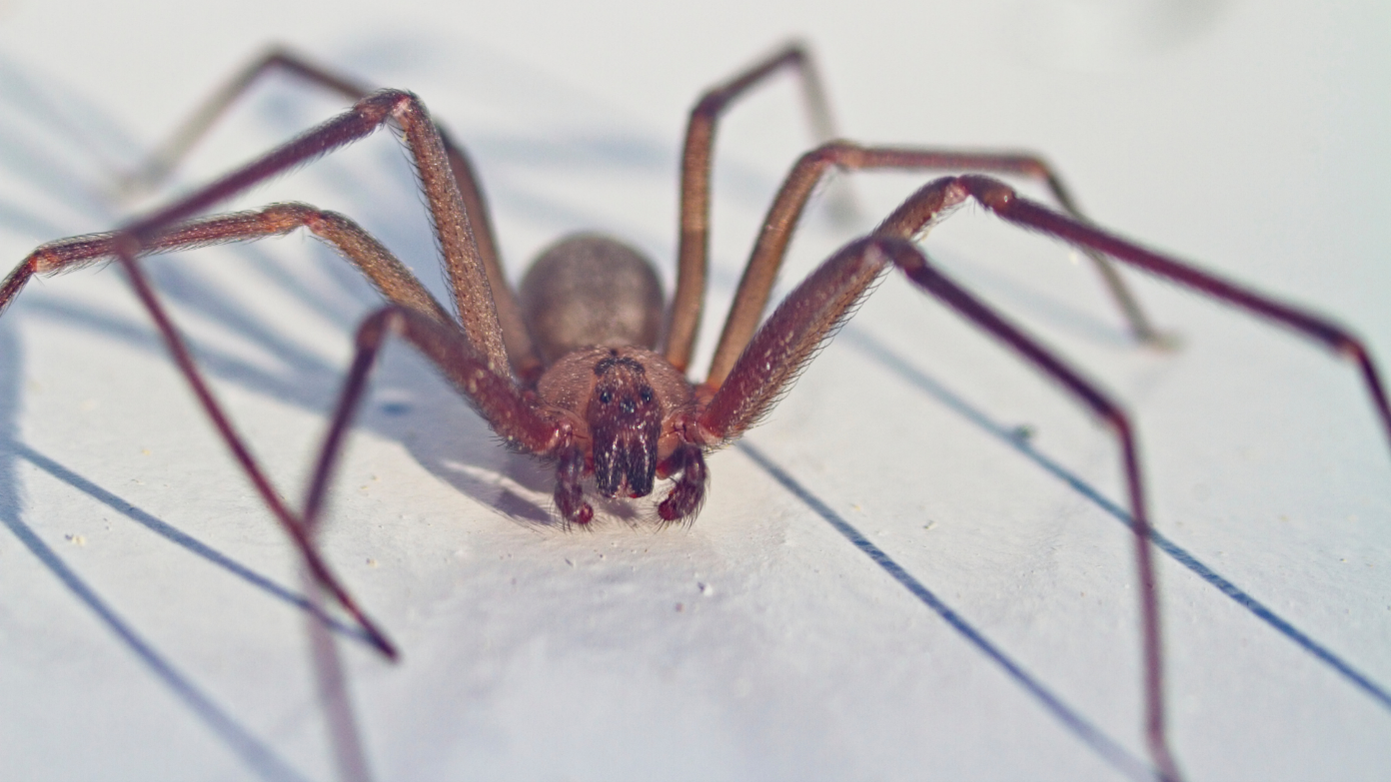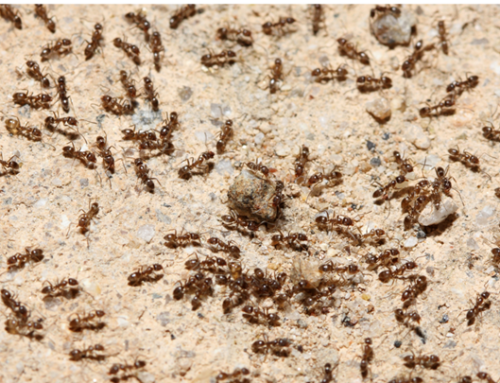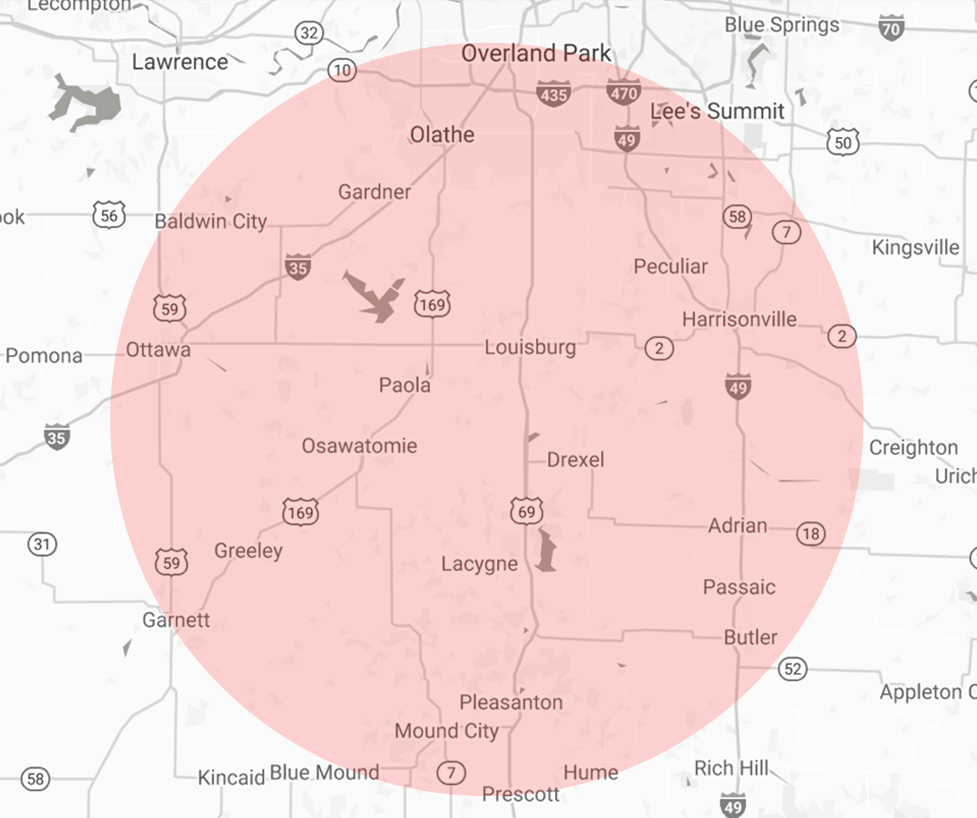As one of the top Linn County pest control companies, our team at Tri-County has seen our fair share of spiders. Although all spiders can pose some problems, some species can be more dangerous than others. One particularly to be aware of is the brown recluse spider.
Brown recluse spiders can be problematic. Fortunately, when you work with a dependable company like Tri-County, we will provide the best possible spider control in Linn County to keep you safe. Here are some important things to know about brown recluse spiders.
🐜🌿🙅🏻♀️ A rat: 👮📢⛎⚖ Linn County Pest Control.
Identifying a Brown Recluse
There are some distinctive characteristics that set brown recluse spiders apart from other species. They can range from tan to dark brown in color and can grow to be as long as 2 inches. They are very common in the state of Kansas and like to keep a low profile to protect themselves.
Linn County spider control experts know that brown recluses tend to hide behind boards, lumber, or other areas that are often neglected. They tend to do most of their activity at night since they prefer being in a dark environment.
When are Brown Recluse Spiders Active?
Although you may see an occasional brown recluse spider in the Fall or Winter months, they are typically active from March through October. If you are considering professional treatments for spider control in Linn County, it may not be effective in the Winter. We recommend waiting until Spring when brown recluses are more easily seen.

Are Brown Recluse Bites Harmful?
Brown recluse spiders are considered venomous according to Linn County pest control experts, but many of their bites go undetected. Smaller bites often result in pimple-like swelling before the skin returns to normal a few days later.
In more severe cases, people have experienced wounds filled with blood and pus, which take much longer to heal. They are also at risk of a secondary infection. If you have been bitten by a spider recently and begin to show these symptoms, contact a medical professional to receive treatment.
Your home is under attack! Protect it with a pest control company in Linn County.
How to Get Rid of Brown Recluse Spiders
The best solution for spider prevention is to schedule regular treatments with Tri-County, your trusted source for pest control in Linn County. We can apply the most effective treatments to get rid of brown recluse spiders and many other annoying pests.
If you need a simpler solution that you can do on your own, sticky traps are available at nearly all hardware stores. Although they won’t be as effective as professional treatments, sticky traps can help identify problematic areas in your home.
FAQ About Brown Recluse Spiders in Kansas
What is a Brown Recluse Spider?
The brown recluse spider (Loxosceles reclusa) is a venomous spider commonly found in Kansas. Recognizable by its violin-shaped marking on the back, these spiders are one of the most dangerous spiders in Kansas due to their venom.
When Are Brown Recluses Most Active?
Brown recluse spiders are most active during the warmer months, typically from April to October. They prefer dark, secluded areas and are often found in basements, attics, and closets.
What Should I Do if I Find a Brown Recluse Spider in Kansas?
If you encounter a brown recluse spider in Kansas, it is important to exercise caution. Do not attempt to handle the spider yourself. Contact Tri-County Pest Control immediately for professional removal and treatment.
Are Brown Recluse Spiders Dangerous?
Yes, brown recluse spiders are among the most venomous spiders in Kansas. Their bites can cause severe reactions, including necrosis of the skin and systemic symptoms. Immediate medical attention is advised if bitten.
Where Are Brown Recluse Spiders Commonly Found in Kansas?
Brown recluse spiders in Kansas are commonly found in homes, particularly in undisturbed areas like basements, attics, and storage spaces. They may also be found outdoors in woodpiles and sheds.
How Can I Identify a Brown Recluse Spider?
Identifying a brown recluse spider can be tricky due to their small size. Look for a brown spider with a distinct violin-shaped marking on its back. These spiders have six eyes arranged in pairs, unlike most spiders, which have eight eyes.
Are There Other Poisonous Spiders in Kansas?
In addition to the brown recluse, Kansas is home to other venomous spiders, such as the black widow. Both types of spiders present significant health risks and should be handled by pest control professionals.
Can I Find Big Brown Spiders in Kansas?
Yes, there are several species of big brown spiders in Kansas. While not all are venomous, it’s important to properly identify any spider you come across to determine whether it’s a threat.
What Should I Do If I Suspect an Infestation?
If you suspect an infestation of brown recluse spiders or other dangerous spiders in Kansas, contact Tri-County Pest Control. We have extensive experience dealing with these pests and can ensure your home is safe.
Are There Any Orange Spiders in Kansas?
While orange spiders are less common, some spiders in Kansas may appear orange due to lighting or other factors. Proper identification is key to determining whether a spider is dangerous.
How Can I Prevent Brown Recluse Spiders from Entering My Home?
To prevent brown recluse spiders from entering your home, keep your living space clean and clutter-free. Seal cracks and crevices around doors and windows, and remove piles of debris, wood, or rocks from around your home.
For more information or to schedule a consultation, contact Tri-County Pest Control. We are the experts in dealing with brown recluse spiders in Kansas and can help keep your home safe and spider-free.

Contact Tri-County for Your Linn County Pest Control Needs
If you want an expert for termite, bed bug, spider, and ant removal in Linn County––contact Tri-County Termite & Pest Control. We proudly serve La Cygne, Louisburg, Paola, Greeley, and many other neighboring communities.
Give us a call today at (913) 757-3636 or contact us online for more information. We look forward to assisting you!






